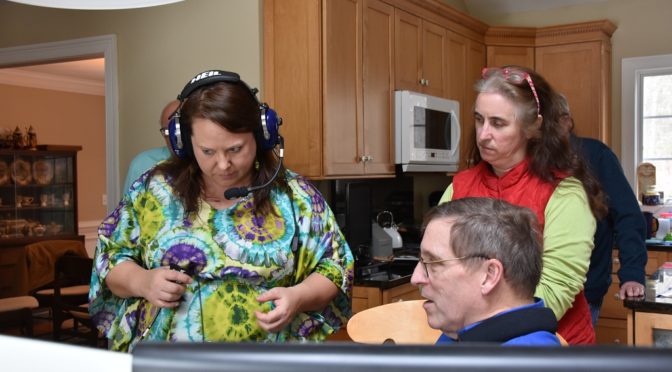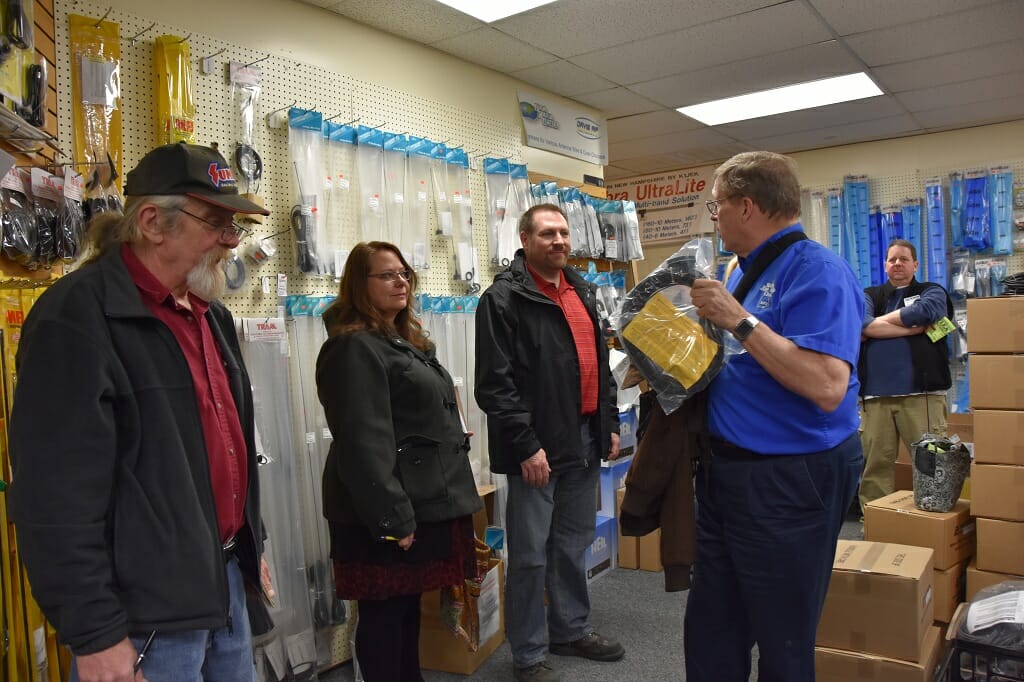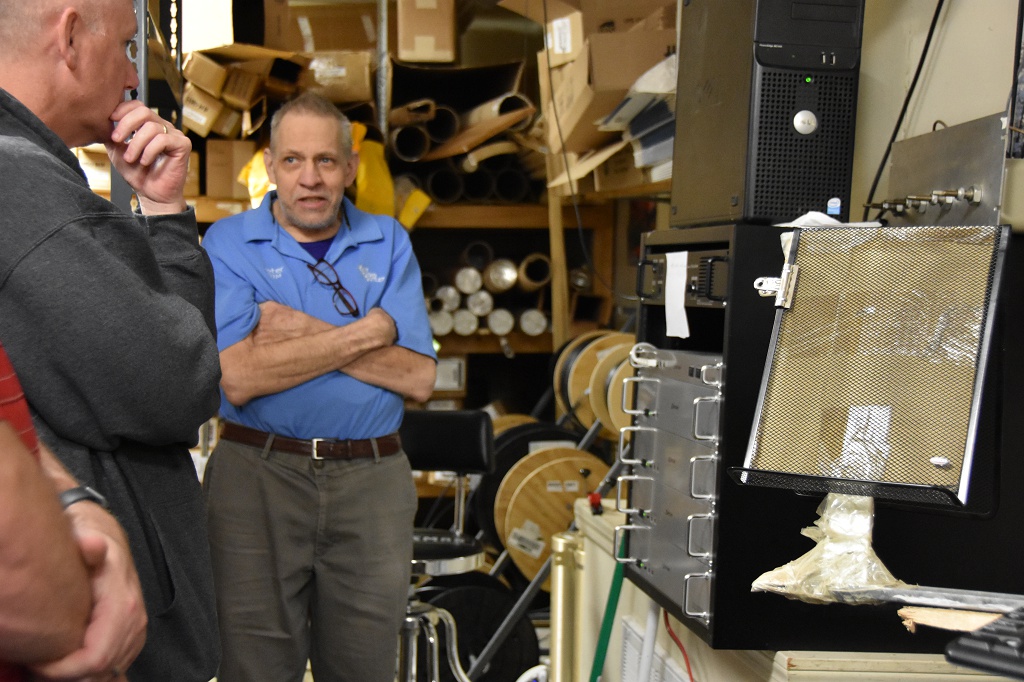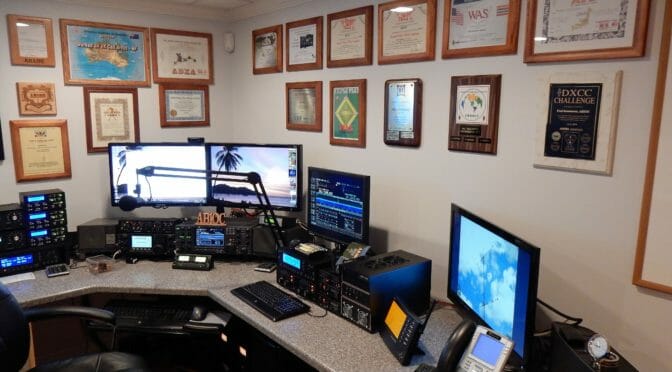Spring is here and not a moment too soon! In this last weekend before April we have the CQ WW WPX SSB Contest that is one of my favorites. The exchange is easy: just a serial number and a signal report (always 59, please). This is a contest where everybody can work everybody else, so there is always somebody to talk to. If you are new to contesting (and you can count!) this is a good one to try.
The big contests of the year are nearly behind us. Just the two WPX contests (one in March and another in May) remain. But, there are QSO parties and other small contests that are coming up. Remember, with the solar cycle in the doldrums this is a good time to be working on your Worked All States award or trying new operating modes (like FT8).
Missouri QSO Party [1400Z, April 6 to 0400Z April 7 + 1400Z-2200Z April 7th] The exchange is easy: RS(T) and state. Look for the special event stations W0MA and K0H for extra points.
Mississippi QSO Party [1400Z April 6 to 0200Z April 7] runs concurrently with part of the Missouri QSO Party and also has an exchange RS(T) plus state. This is a good opportunity to get on the air and get credit for multiple contests!
FT8 DX Contest [1200Z April 13 to 1200Z April 14] Digital modes like FT8 seem to get through when others do not. Perhaps you can work on your DXCC award this spring! The exchange is RST + state.
New Mexico QSO Party [1400Z April 13 to 0200Z April 14] The exchange is a little different in this contest: name + state (the RS(T) isn’t demanded by the rules).
North Dakota QSO Party [1800Z April 13 to 1800Z April 14] If you don’t have ND in your log, this is an excellent opportunity to get those states squared away. Both North and South Dakota have very few active hams, so try to get these folks on multiple bands. The exchange is RS(T) + state.
Georgia QSO Party [1800Z April 13 to 0359Z April 14 + 1400Z-2359Z April 14] Again, the exchange is just RS(T) and state.
ARRL Rookie Roundup, SSB [1800Z-2359Z April 14] The exchange is name + 2-digit year first licensed + state. I remember the first couple of years I operated. I was first licensed in 2002 so I would use “02” in my exchanges for contests like this. This confused the daylights out of many of the people I contacted, and I got lots of requests for repeats! Spend a few minutes and give these new operators some points.
Nebraska QSO Party [1300Z April 20 to 0200Z April 21 + 1300Z-2200Z April 21] The exchange is RS(T) + state. Nebraska was hard-hit by flooding this year, so I don’t know how many stations will be on the air. I’ve found this a hard state to get in the log in general, so this might be your best opportunity all year.
Michigan QSO Party [1600Z April 20 to 0400Z April 21] The exchange is a little different for this one: serial number + state.
Florida QSO Party [1600Z April 27 to 0159Z April28 + 1200Z-2159Z April 28] The exchange is RS(T) + state.
So many of the contests this month have just RS(T) and state as the exchange that you can usually get on the air, work people normally with this exchange, and enter multiple contests (or at least make other contesters happy for the points). Contesting is like regular operating without all the chit-chat {grin}.
The more you know! A contesting term you should know is “rubber clocking.” That’s when an operator begins the contest just a little before the start time, or operates just a little past the end time in an effort to squeeze in a few more QSOs. In short: don’t do it. Begin on time, and when it is time to stop, finish your QSO and stop. Play fair.
Remember that you don’t have to turn in your log just because you operated during a contest. You can work stations in a contest just to have fun, or to collect QSOs for awards. Contest sponsors appreciate your entries (they help make sure the other operators copied the exchanges properly), but they can’t demand it. Get on the air. Put some Q’s in the log, and have fun. Maybe pick up an operating award along the way. Perhaps you’ll then write about it here on the N1FD website!
As always, you can get a complete rundown of all the contests this month (and this year) at the www.contestcalendar.com website.
73 and good luck in the contests.
Scott, NE1RD







